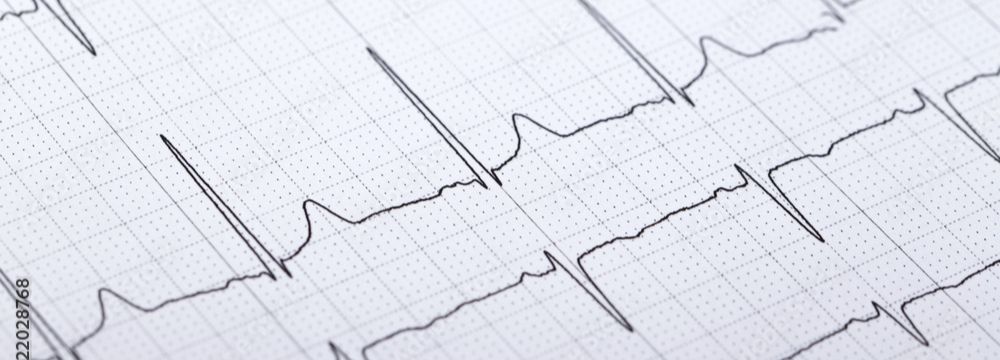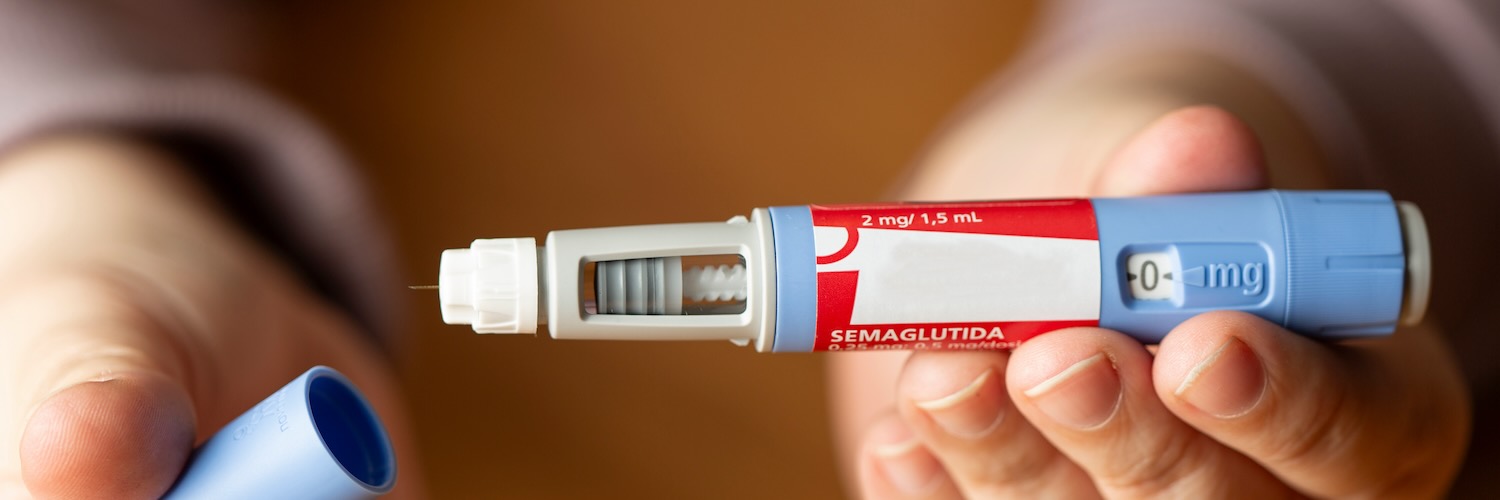Weight Loss Medications
GLP-1s have, by any measure, been a game-changer in the weight-loss world. When GLP-1s came on the market, we finally had a long-term and relatively safe non-surgical option for losing up to 25% of body weight. Of course, as with any pharmaceutical, there are potential downsides, and you probably already know the list.
One of the most concerning long-term potential effects is not necessarily the GLP-1s themselves but how they are taken, leading to bone density loss and the potential for osteopenia and osteoporosis if not accompanied by specific training. This is a very problematic loss of bone density that can occur for several reasons and it tends to affect women more than men. This can ultimately cause falls later in life to become more severe or even fatal, leading to the potential for devastating fractures and early death.
We have medications to help slow the progression of osteoporosis, but ultimately, a sedentary lifestyle and poor dietary choices underlie osteoporosis in many cases.
So, How Does This Affect Weight Loss Drugs?
Well, it’s not so much the drug that causes osteoporosis as the way it is taken. It is often seen as a quick and easy solution to weight loss, without needing exercise and a proper diet.
As bariatric surgeons, this is one of the most crucial pieces of the puzzle we discuss with our patients. If you intend to lose a significant amount of weight with the assistance of bariatric surgery, you need a structured postoperative program with proper diet and exercise protocols to minimize muscle wasting and bone loss.
However, there is no such protocol for GLP-1 use, and there probably should be. You may have seen friends or family members who have quickly lost significant weight after starting their injections. You may even be one of those people. One thing that we rarely see with GLP-1 takers is a comprehensive strength training program.
This doesn’t have to be done at the gym—it can be at-home bodyweight exercises or calisthenics that work the muscles as the weight is lost.
Unfortunately, many patients are losing significant muscle mass due to their inability or unwillingness to exercise while on GLP-1s. By some estimates, muscle mass can account for upwards of 50% of the total weight loss they experience.
Why Does Muscle Mass Matter?
Muscles are essential for staying healthy, both physically and hormonally. While many patients “get thin” using GLP-1s or even bariatric surgery, if they do not work out and challenge their muscles, they dramatically increase the risk of bone loss.
They also do not create a platform for sustainable weight loss—once the effects of the surgery or medication start to wane, it becomes much harder to maintain those results. Lastly, from an aesthetic perspective, muscle allows patients to fill out excess skin created by significant weight loss and make a shapelier figure.
What Kind of Exercise Is Needed?
As mentioned above, muscle tone does not require a gym membership, nor do you have to commit to being a bodybuilder. Building some muscle tone can be as easy as going on a strenuous uphill walk to work your lower body, and using bodyweight exercises like push-ups, pull-ups, planking, and more to strengthen the upper body. Even vigorous housework can help get those muscles moving. Ultimately, if you feel moderate resistance in a muscle, it’s getting a workout.
Of course, you still want to pair any strength training with cardiovascular activity. This can be a long Zone 2 walk or high-intensity interval training. But be mindful that overdoing it too early can lead to injury. If you love the gym, try doing elliptical, stationary biking, or treadmill work after your strength training. Warm up and cool down appropriately.
The Bottom Line
We are in uncharted territory regarding muscle mass issues associated with rapid weight loss, particularly with GLP-1 receptor agonist medications. We encourage all our patients to understand the importance of exercise and strength training any time they lose a significant amount of weight and to speak to their doctor about the best ways to avoid osteoporosis.
We also encourage patients who have not seen significant results from their GLP-1 regimen to consider visiting a qualified weight loss practice, such as ours, to understand more about options beyond these drugs. We look forward to participating in your long-term weight loss and care.









